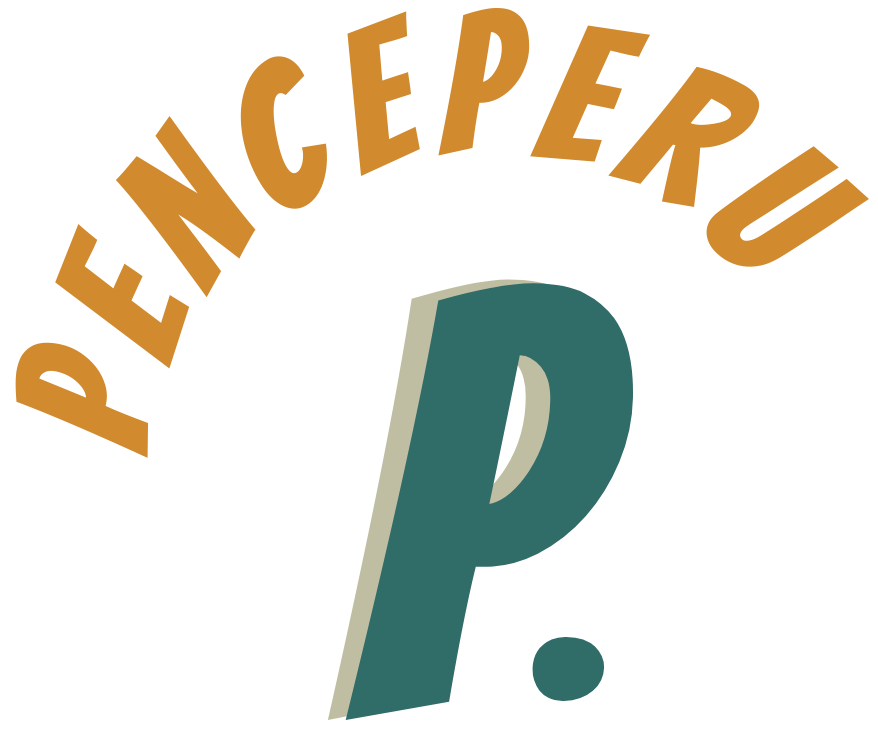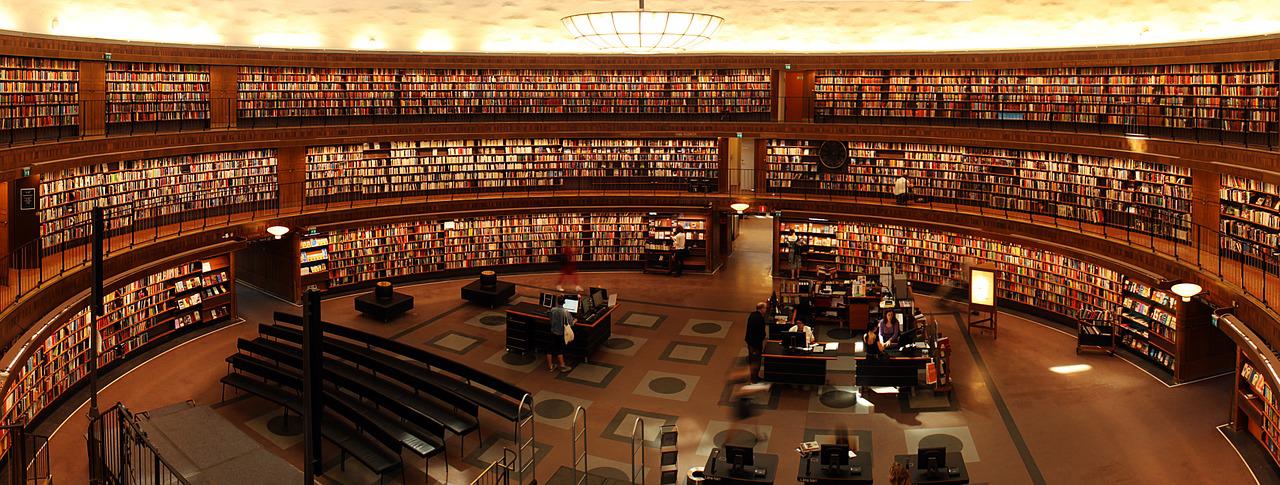If you’re a student of literature, you’re probably looking for some tips on how to improve your writing. In this article, we’ll cover Elements, Canon, and Characteristics. You’ll also find information on Literary devices. After reading these, you’ll be able to write better literary works! Here’s how. To learn more, check out our article on Literary devices and the Canon of Literature. Listed below are some of the most common literary devices.
Characteristics
Literary works can be broadly classified into different types, depending on their content. Some of the most common categories are mystery, fantasy, and science fiction, which all share similar characteristics. In general, these genres are characterized by characters, plot, and setting. Other characteristics include the use of symbols, authorship, and style. The following paragraphs will provide more information about these various types of works. To begin, let’s review some of the main characteristics of western literature.
Elements
When analyzing literary works, it is important to know the elements that make up each piece. For example, the literary element that carries the theme in a work is called the title, or heading. These titles provide a general understanding of the work. The next element is the setting, or location, where the literary events take place. The final element is the general arrangement of the events within the piece. Listed below are examples of each element.
Canon
The term “canon” refers to the list of the central works or authors in a body of literature. The term was originally used to refer to the canonical books of the Bible. A work becomes canonical with its own interpretation, which is a reflection of a particular taste. Children’s literature, for example, is often considered part of the canon. But what is a canon? And how do you decide if a piece of literature is a canonical one?
Literary devices
Literary devices in literature are techniques that writers use to emphasize important concepts. A writer can use these devices to give a reader new insight into a character’s motivation or background in the current conflict. They are also a great way to hook readers and get them to remember the story or book. Here are some examples of literary devices. We’ll look at each type and how they work. Hopefully, you’ll find them useful in your own work.
Influences on society
The sociology of literature addresses the impact of literature on society. Literature reveals the ethos of a culture. Literary works by famous scientists and inventors narrate the development of technology and science. In addition, ancient texts relate the stories of human evolution and life during that time period. Thus, literature is an authentic source of information. However, there are many different views on the influences of literature on society. Some scholars even argue that literature influences social norms.

